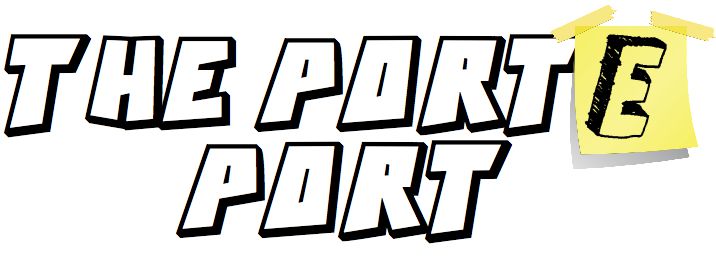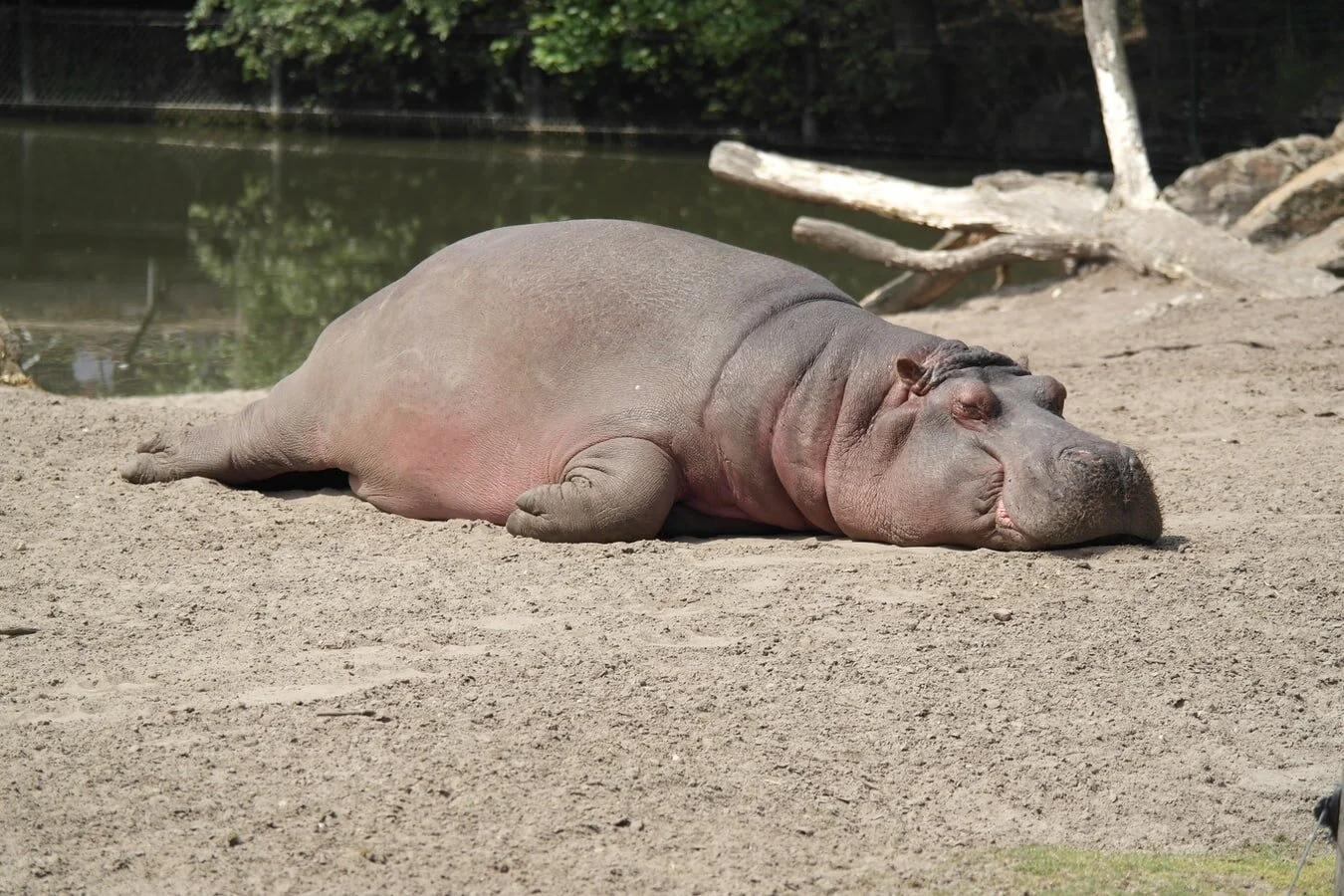The Little Things in Jaws Have the Biggest Impact
Jaws, no matter how far off the rails the rest of the franchise went, is a classic.
It’s one of those movies that, even if you’ve never seen it, you can probably quote “You’re gonna need a bigger boat” and instantly recognize the score. Also, you haven’t seen it? Really?
Even with its classic cinema status, it’s easy to categorize Jaws in the pile of other shark movies, where there always seems to be a reason to get into the water.
What makes Jaws any different? The shark looks pretty fake when it launches itself onto the boat, and every shot of the beachgoers absolutely reeks of the 70's.
I’ve talked about it over and over, and damn it, I’m going to talk about it again. It’s the characterization that makes all the difference.
In a thriller where the shark punches holes into a boat after nomming on skinny dippers, the pace slows down in various places to make sure we see who the characters are that this shark threatens. It’s the thing that so many action-heavy movies forget to do.
What is all that tension worth if we don’t connect with the characters at risk?
I’ll focus on the moments that stood out to me the most because the more I think about it, the more I realize how many times the movie slows down to build up its characters.
Chief Brody (Roy Scheider) is a family man. This is his first summer as police chief of Amity after moving his family out of the city (I’ll get back to that in a moment because it is important).
You could even see him as overly protective when he doesn’t even let his son play on his new boat on the dock. Of course, we as an audience see the logic in that. The point is, he will do anything to protect his family, and this is mostly portrayed through action, not dialogue. Show don’t tell, the best stories do it.
Where this stands out the most is after a kid gets killed by the shark in one of the more shocking scenes that holds up, even to this day. A kid floating on a raft, after Mayor Vaughn demands people go into the water, is attacked and brutally eaten in a spew of blood coming from the water that still can send some shivers down the spine.
What drives this home, is the shot of the torn up raft washing up on the shore and the lone mother standing out by herself, wondering where her child is. It’s haunting, and it gives us a glimpse into her character, even though she doesn’t play a major role. It’s all part of the tapestry of these beachgoers at Amity. It also lets us sit in the depth of the decision making of the Mayor.
After we witness this, Brody is sitting at dinner with his family unable to eat much, even though the shark has been supposedly caught by fishers. Something doesn’t sit right with him because his shark expert doesn’t agree they caught the right one.
The Mayor, of course, doesn’t care about this fact and wants to divert attention to stopping the graffiti on the town’s sign to keep up his image. (This certainly doesn’t feel relevant or familiar today, nope certainly not).
At the dinner table, Brody notices his own child mimicking his every move, wanting to be just like his dad. It’s a very human moment in this crazy story about a monster Great White. There isn’t really any dialogue either; it’s just him having a tiny moment with this kid.
Brody’s thoughts are, obviously, still on the child taken at the beach, wonders how many more deaths will have to take place before this gets resolved, and looks at the people he wants to protect the most.
Another thing that’s symbolic here, that takes it to the next level of characterization, is the fact that his kid is mimicking everything he is doing. Brody knows the importance of continuing the fight to prove there is a threat, even when everyone is against him. It’s about doing the unpopular right thing. His son is watching him, mimicking him, will grow up influenced by him.
It’s more than stopping a shark; it’s about raising the next generation to do the right thing.
It’s at this moment that the Chief goes out with Matt Hooper (Richard Dreyfuss) to get the evidence he needs, even if it means putting his job at risk. He’s taking matters into his own hands. Action, now that he had that moment with family.
How many thrillers take the time to show the protagonist at home, being a good, maybe even slightly goofy, dad? Now we connect because we as the audience get something at a deeper level.
Brody’s background isn’t explored all that much, but knowing he is protective of his family sets up one of my favorite moments of characterization in any movie. It’s so subtle, yet speaks volumes about Brody, and is perfectly placed before the climactic showdown with the shark, mano-a-sharko.
While sitting with the famous chalkboard scratching shark hunter, Quint (Robert Shaw), stories begin exchanging between him and Hooper. Brody simply listens as the other two try to out-man each other in tales of hardship, with their old wounds as supporting evidence.
Before Quint has the ultimate story topper of all time, Brody considers, for a moment, to join the conversation. He lifts up his shirt in the background, looks at some kind of scar on his side, maybe a knife or gunshot wound, and then opts not to tell the tale.
That’s it; we don’t get the story. We as an audience don’t need it though. It’s obvious enough he was injured, probably on duty as a cop, and it’s probably the very reason he took his family out of New York. All to encounter a different kind of monster in Amity.
So many things happen for his character at this moment. He isn’t one to brag or need to prove himself to anyone. The wound he got was something far more severe than Hooper’s eel bite, allowing Quint to ruin the moment by getting way the hell too serious. And Brody is willing to continue putting himself in danger to protect those he loves.
Why does a movie, made in the 70’s, that uses a very mechanical shark, hold up to be impactful over forty years later? It takes the time to establish character.
So many modern thrillers, hell, movies in general, fall short because they don’t let us connect to the characters. And that’s possibly because, in all the rush to get a movie out and attention to show the giant CGI robot, or bat spider thing demolishing New York, there is no characterization to slow down and explore. It’s a very thin story at that point, and there’s something missing in all that action.
What is it all for? What is it all worth?
Jaws is the classic that it is because it knows that it’s about the people in the story, not the shark
Our favorite movies have a lot to reveal about good storytelling. Geek out and examine more movies, books, games, and shows with advice sent right to your email. Just sign up below.






